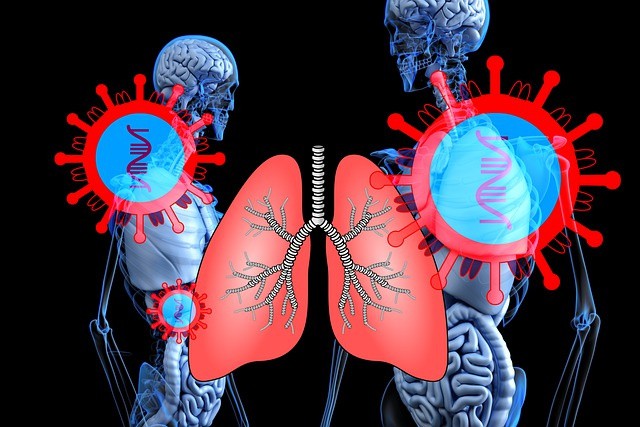
For the moment, we know something of how the coronavirus starts infection in the bodies of those affected by it. From a point of information knowing how it does affect us, will make everyone more aware of it. Even how these processes can progress to the death of the host cells.
Facts everyone should know about Coronavirus
1. Statistically, one out of seven positive infections will have hard breathing and worse complications, and the six per cent will be in the mortality bracket. Those with fewer chances to survive will have lung failure, compromised vital systems and septic shock that might be fatal, according to a report from the World Health Organization-China mission.
2. According to Bruce Aylward, a WHO assistant director-general who co-led a mission in China, with 56,000 cases examined, the symptoms can go from bad to worse very fast and compromise sickly victims. He underscored why studying the disease and those likely to perish is important to lessen possible victims. With a rampaging number of cases, and more than 3,700 dead since it came from Wuhan.
3. About 10-15% of mild to moderate patient can get to severe condition while 15-20% will hit the life-threatening severe condition. Ages that are mostly in danger will be 60-years or older, including those with high blood pressure, diabetes and cardiovascular problems.
4. According to Jeffery K. Taubenberger, virus specialist from the National Institute of Allergy and Infectious Diseases in Bethesda, who studied the infection in Spanish flu victims, it is a clinical pattern that is very similar to influenza, except it can affect other body systems that makes it dangerous.
5. A good chance of contracting the COVID-19 disease is by coughing or sneezing that spreads it via mucus and expelled droplets that carry the virus. Covering your mouth and nose when sneezing or coughing will keep everyone and the carrier from getting of spreading it.
How the coronavirus infection affects the body and how it starts
There are several stages are how the COVID-19 starts to make victims susceptible and later breaking down their defences.
1. It all begins in the nasal cavity which is the first case of the symptoms. When the coronavirus breaches the anti-bodies, it will affect the epithelial cells next, these cells cover and protects the respiratory tract, said Taubenberger. He added that if it only reaches the upper airway, it will have less severe symptoms to worry about.
2. It gets worse if it gets to the windpipe and the peripheral branches of the respiratory tree and lung tissue which starts pneumonia caused by the virus, and the anti-bodies damage the tissue as the virus turns the body's defences, literally inside out.
3. Tautenberg said that the body will try to repair the damage asap, with white blood cells killing the viral substances and restore tissue. If there is no problem it will be done, but complications can make it worse.
4. Severe coronavirus infections will degrade health body tissue, the epithelium lining the trachea and bronchi will lessen mucus cells and cilia that keep dirt secretions from reaching the lungs.
5. Without the mucus and cilia, more pathogens can enter the lungs with the danger of moist areas and ventilators that spread the virus more.
6. The damaged lung will lessen oxygen to vital organs, with secondary bacteria hammering in to kill track stem cells more. This starts a domino effect that leads to a worsened condition, according to David Morens, senior scientific adviser to the director of the National Institute of Allergy and Infectious Diseases.
It varies according to the age of the patient or health condition, but how the coronavirus starts the infection going in the body are these processes. Most will survive but the weaker ones will succumb.
© 2025 HNGN, All rights reserved. Do not reproduce without permission.








